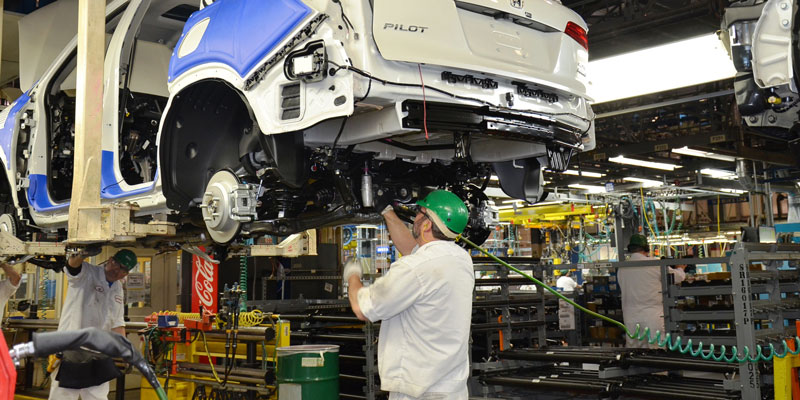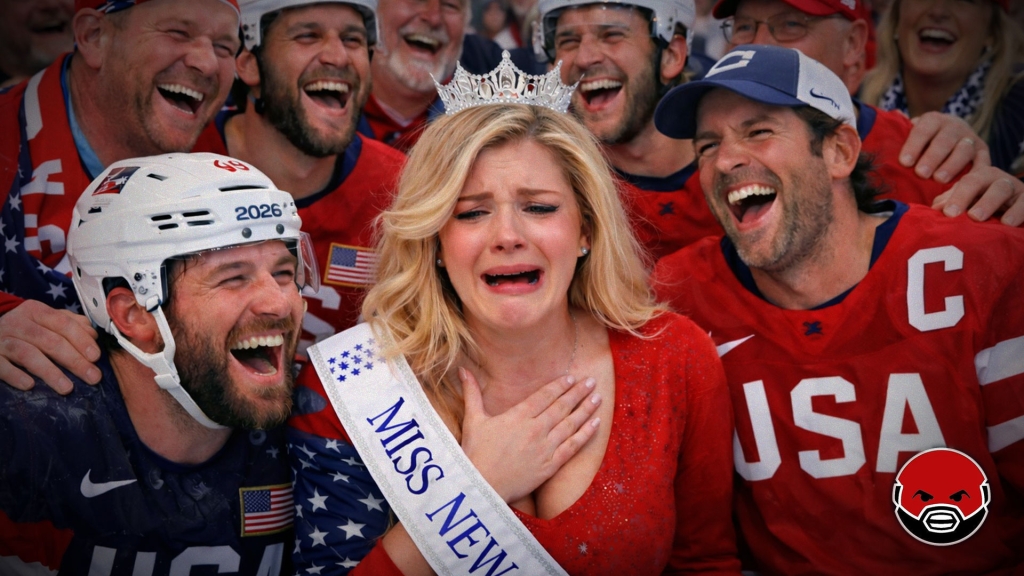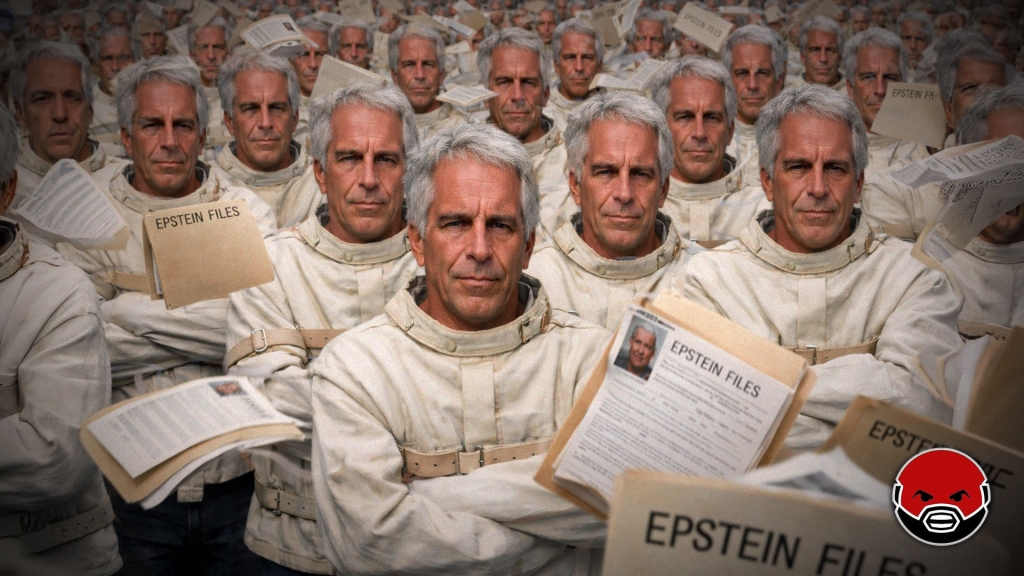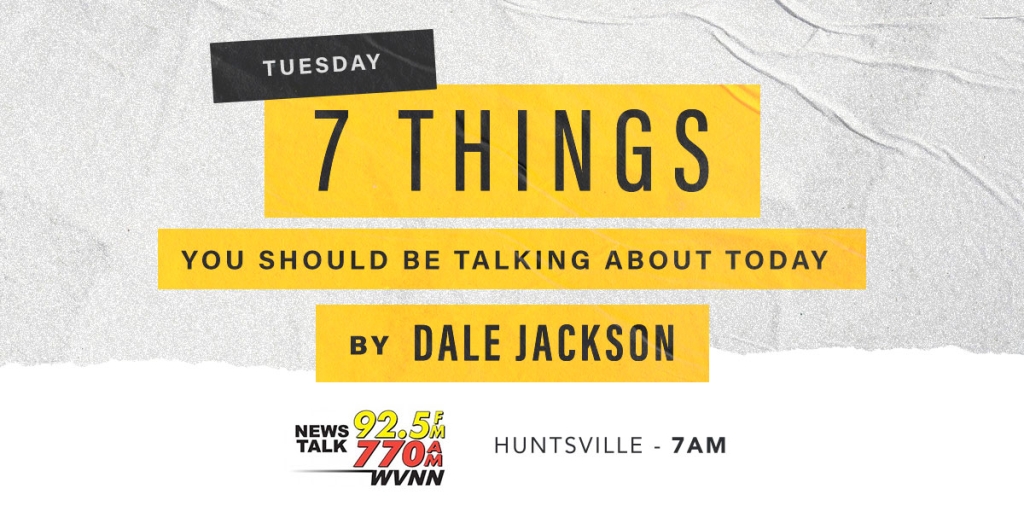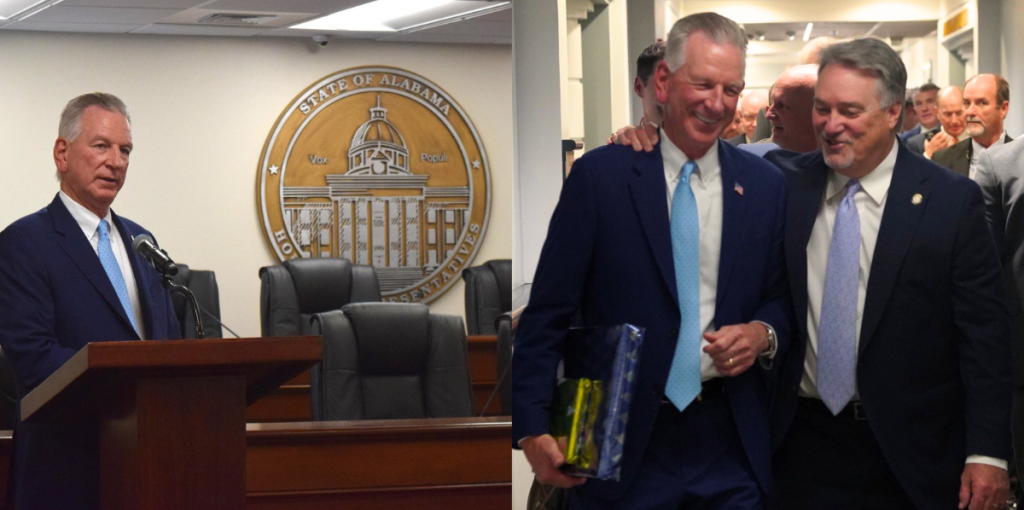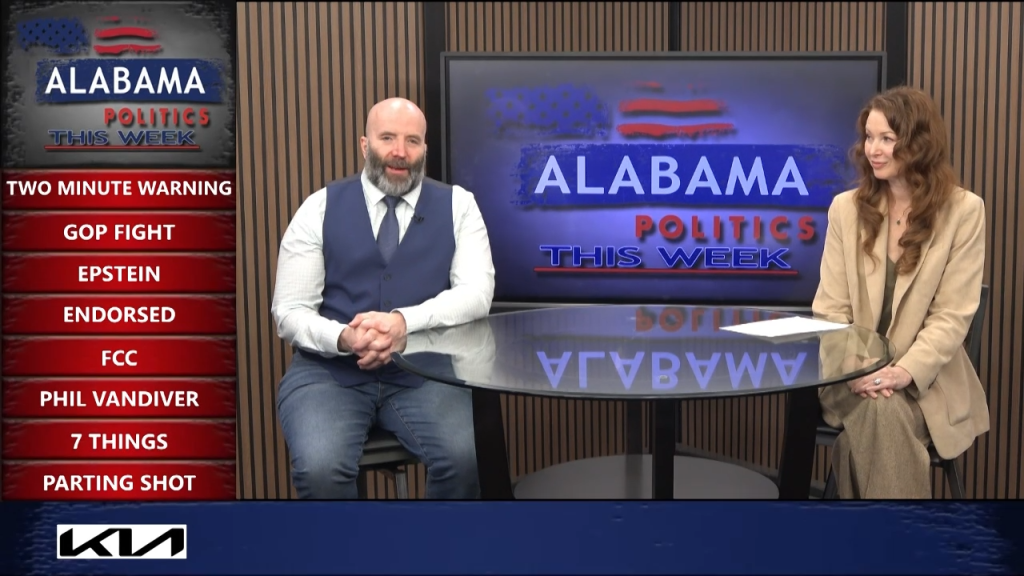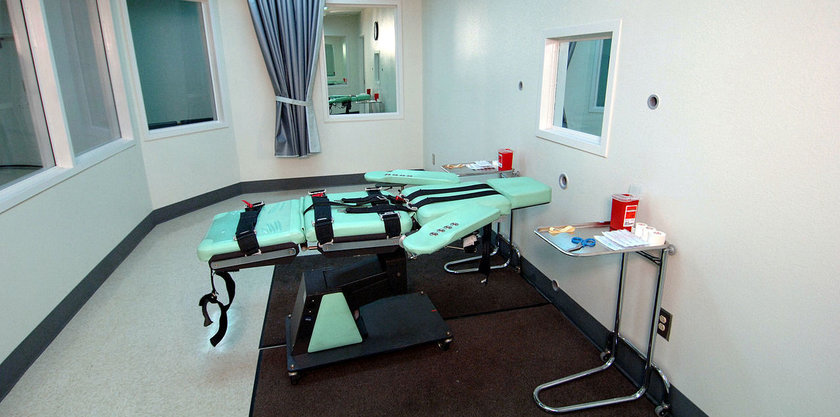Over 35 years ago during the 1981-82 recession, Billy Joel released “Allentown” about the plight of this Pennsylvania town. The song resonated across the Midwest during the worst economic downturn since the Great Depression. It also anticipated, I think, an important change in our economy and society.
I was in high school in suburban Detroit when “Allentown,” and Mr. Joel could easily have been singing about our troubles. Unemployment in Pennsylvania topped out at 12.7 percent in the recession, while Michigan hit 16.4 percent. Something seemed fundamentally wrong.
Fortunately, the U.S. economy recovered, and growth exceeded 7 percent in 1984. President Reagan’s reelection slogan, “It’s morning in America” suggested that the dark days were behind us. His tax cuts and low inflation were beginning to unleash the Reagan-Clinton prosperity.
Prosperity never brought back all the auto, steel, or coal jobs. The causes were many, but the largest was automation. America manufactures as much as ever, just with many fewer workers than in the 1970s. Now artificial intelligence (AI) may automate 800 million jobs worldwide.
Sources of long term, stable employment are vanishing, and AI will accelerate the automation of routinized tasks. In the future, tasks may be automated before hundreds of thousands of workers are hired to do them.
This does not mean the end of work, because our wants and desires for goods and services exceed our productive capacity, and always will. Our households and businesses inevitably have tasks that we’d like done. Humans will be useful, only our jobs will be more fleeting.
“Allentown” foreshadows the social impact of these changes. The lyrics state: “For the Pennsylvania we never found, For the promises our teachers gave, If we worked hard, If we behaved.” These words reflect an implicit deal: follow directions from teachers (and I would add parents and bosses), and you will be taken care of.
I shouldn’t really say taken care of, because the lyrics also mention hard work. Hard work in coal mines, steel mills, and auto plants and helped create the prosperity which workers shared. The middle class, post-War America lifestyle wasn’t a gift from employers, unions, or the government, but a share of the wealth created.
This deal worked because many jobs required on-the-job training but little specific expertise. The skills of a high school graduate sufficed, if people followed the boss’ directions. The gig economy and freelance writer epitomize today’s workplace, and now more people must manage their “careers.” Americans waiting to be told where to go to work hard are struggling in a changing world.
Is anyone responsible for this change? Not really, just as no one designed the prior deal. Economist Adam Smith recognized the existence of spontaneous order in society; our institutions are often the product of human action but not design. The Industrial Revolution’s factories, railroads, and other industries needed workers, and economic and political freedom in England and America meant that people could not be forced into this work. A deal where owners and managers designed the workplaces and marketed the products while employees followed directions made all involved better off.
The old deal is not being shut down by law, and traditional employment will never disappear entirely. One consequence of the ongoing spontaneous change is no official announcement that the old deal is no longer in effect. This probably worsens disillusionment and pain, as a long-successful way of approaching life just isn’t very successful anymore.
President Trump’s proposed tariffs on steel and other imports are a response, I think, to this larger change. We can expect other actions as well, perhaps regulations to slow the introduction of self-driving vehicles to protect jobs. Tariffs and regulations, however, will likely be merely delaying actions.
The good news is that automation will allow us to produce the goods and services we now have, plus many more. And many Americans are embracing freelance careers, perhaps because obeying the boss is often frustrating. The future is bright but will be different, and we must recognize the differences.
Daniel Sutter is the Charles G. Koch Professor of Economics with the Manuel H. Johnson Center for Political Economy at Troy University.




